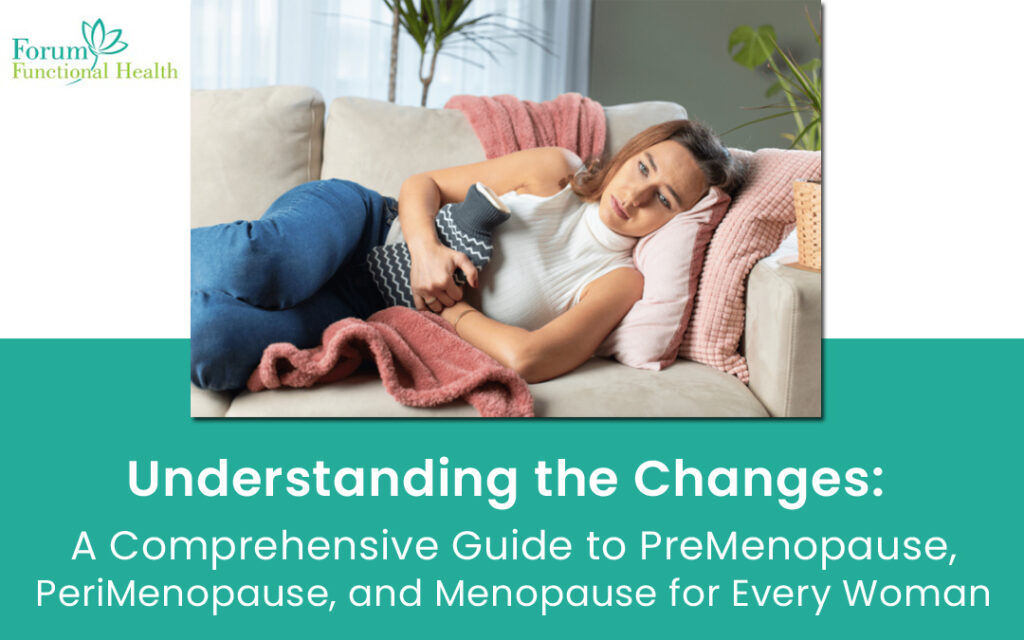The Impact of Stress on Perimenopausal Symptoms and How to Reduce It

Perimenopause, the transitional phase before menopause, can be a challenging time for many women as hormonal fluctuations lead to various physical and emotional changes. Stress during this period can exacerbate symptoms and significantly impact overall well-being. Understanding the relationship between stress and perimenopausal symptoms is crucial for effectively managing this phase of life. Understanding Perimenopausal […]
How Diet and Exercise Can Help Alleviate Premenopause Symptoms

Before diving into how diet and exercise can ease premenopause symptoms, let’s first grasp what premenopause entails. Premenopause refers to the transitional phase leading up to menopause, typically occurring in a woman’s 40s or early 50s. During this time, hormonal fluctuations may trigger various physical and emotional symptoms, such as hot flashes, mood swings, weight […]
What Happens to Your Metabolism During Menopause

Menopause is a natural phase in a woman’s life, marking the end of reproductive years. Beyond the well-known symptoms such as hot flashes and mood swings, menopause also brings about significant changes in metabolism. In this comprehensive guide, we will delve into the intricacies of how menopause affects your metabolism and provide insights on maintaining […]
Understanding the Changes: A Comprehensive Guide to PreMenopause, PeriMenopause, and Menopause for Every Woman

As journey through life, Women go through different stages in life that shape our bodies and our experiences. One of the most significant stages is menopause, which marks the end of our reproductive years. But before we reach menopause, we often experience premenopause and perimenopause, which can bring along a host of changes and symptoms. […]
Treating Premenopause, Perimenopause and Menopause

Treating Premenopause, Perimenopause and Menopause In our office we evaluate all of the three main body systems…. hormonal, gastrointestinal, and detoxification. Many times correcting the underlying malfunctioning body system or systems, and adjusting a few lifestyle habits, are enough to make the symptoms of perimenopause or menopause vanish. As we see all too often in practice, each one […]
